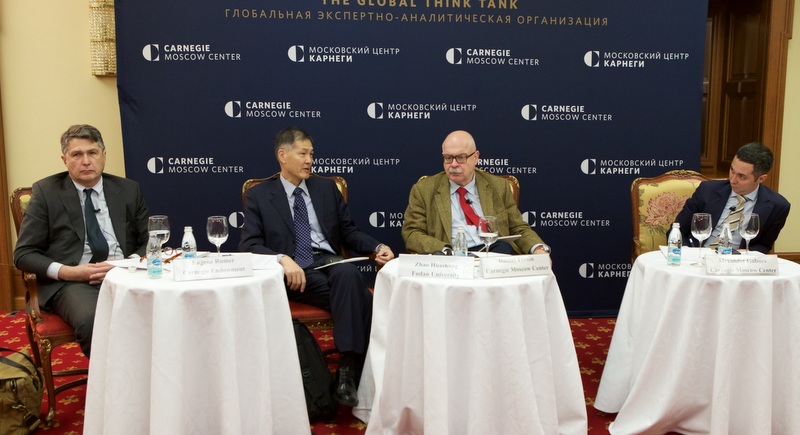Registration
You will receive an email confirming your registration.
Central Asia is going through a period of many challenges: falling energy prices, aging ruling elites, and a growing threat of terrorism, among others. In the twenty-first century, it is critical for the Central Asian countries to choose their development path and to determine priorities in relations with powers that play an influential role in Eurasia, namely the United States, Russia, and China. In addition, the countries must build ties with distant neighbors that have recently taken a more active interest in the region, such as the EU, India, and Japan. The interests of major international players are increasingly converging in Central Asia, and the region is frequently becoming the focus of leading regional integration associations and initiatives, such as the Eurasian Economic Union and the Silk Road Economic Belt.
- How likely are the world powers to have a conflict of interest in Eurasia?
- How will Central Asia make use of its new place as a convergence of interests for global powers?
- How will the region’s nations cope with the process of the replacement of their ruling elites?
These questions and many others were discussed at the event by experts invited from Russia, the United States, Japan, China, the EU, and Kazakhstan.
Conference Agenda
Speakers
Dmitri Trenin
Dmitri Trenin is Director of the Carnegie Moscow Center.
Toshihiro Aiki
Toshihiro Aiki, Ambassador for Central Asian Affairs, Ministry of Foreign Affairs of Japan
Eugene Rumer
Eugene Rumer is Director of Russia and Eurasia Program at the Carnegie Endowment for International Peace.
Zhao Huasheng
Zhao Huasheng is Director of the Center for Russia and Central Asia Studies at Fudan University (China).
Tomohiko Uyama
Tomohiko Uyama is Professor of Central Asian Studies at Hokkaido University.
C. Raja Mohan
C. Raja Mohan is Director of Carnegie India.
Nicu Popescu
Nicu Popescu is Senior Analyst at European Union Institute for Security Studies.
Rakhim Oshakbayev
Rakhim Oshakbayev is Chairman of the Advisory Committee at Talap Research Center.
Moderator
Alexander Gabuev
Alexander Gabuev is a senior associate and the chair of the Russia in the Asia-Pacific Program at the Carnegie Moscow Center.
